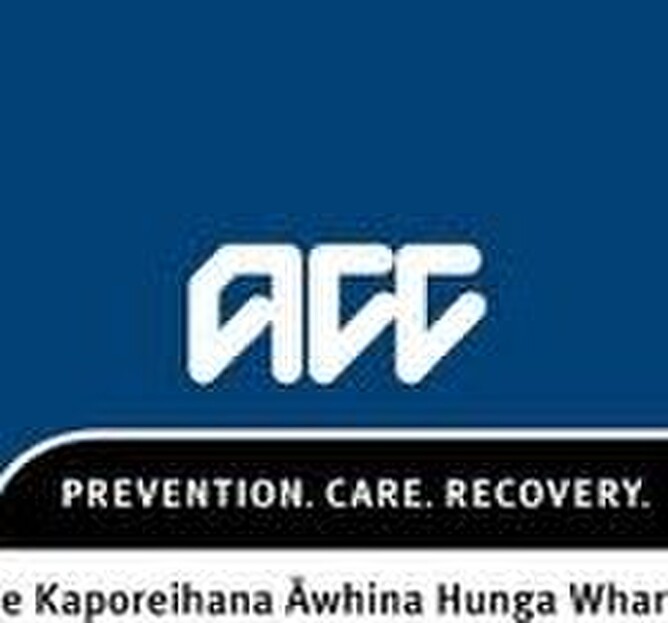If you are anything like me, as you are getting older, the bones are starting to creak a little and ache a little (particularly during or after exercise.) Until a universal youth elixir is invented, aging is part of reality.
As we get older, there is also a higher risk that we will get injured or ill and be unable to work for a period of time. But, you say, that is okay, as I am covered by ACC. Yes, and no.
The Accident Compensation Corporation (ACC) was set up in 1972 to provide a universal 'no fault' system of compensation and rehabilitation (along with preventative education) for injuries. All residents of New Zealand have cover if they suffer a 'personal injury' as a result of an 'accident' - as long as there are not 'disentitlements'. So far so good.
Simplistically, if you are injured as a result of an accident, you receive funding from ACC for the cost of your medical treatment, and 80% of your income while you are unable to work. In return, we agree to forgo the ability to sue anyone for the injury that they caused.
The legislation has changed a number of times since it's introduction. We are now covered under the ACC Act 2001. One of the big changes with the introduction to this act was the change to the wording around whether you can have cover that is caused by the ageing process. NOW, the definition of a personal injury reads:
Section 26(4) Personal injury does not include personal injury caused wholly or substantially by the ageing process.
So what does this mean in real life? Unfortunately it means that ACC have declined or discontinued ACC cover for people when it has been decided that their injury or condition is now 'caused wholly or substantially' by the ageing process.
The NZ Herald has run a series of articles on the issues faced by claimants around this definition. Check them out here:
Claimants are having to hire legal advisers, and fight and fight to get the cover that we assume we are entitled to.
At Moneyworks, we have had a client with back injuries, where cover was terminated by ACC for this reason. Fortunately, he had income protection insurance in place, and it has continued to pay him the benefit he is entitled to.
Apparently, it is quite common to have spinal degeneration that does not cause any pain. The definition doesn't just apply to spinal injury - it applies to any condition that could be caused by 'ageing'. As the balancing of the books at ACC continue to get tighter, it is unlikely that we will see any change in how this definition is applied.
This is why you need to have good quality income protection insurance and/or trauma insurance cover to go with the cover that you have under ACC. A good income protection insurance policy works in conjunction with ACC, and it is common for income protection insurance to keep on paying after ACC stops paying. We will write future articles on some of the other issues with ACC as compared to income protection.
If you have any thoughts or opinions that you would like to share, visit us at our Twitter, Facebook or Linked In pages, and comment.
For more blog articles on insurance, check out these posts:
Why do I need Income Protection Insurance if I am covered under ACC?
How long will you survive if your income dries up? 3 months?
Claiming on your income protection insurance – how would it work?
Insurance Cover and Policy Wording Passback – what does this mean?
If you want to make sure you have the most appropriate insurance cover for you – Get a Free Quote Now
By Carey Church







